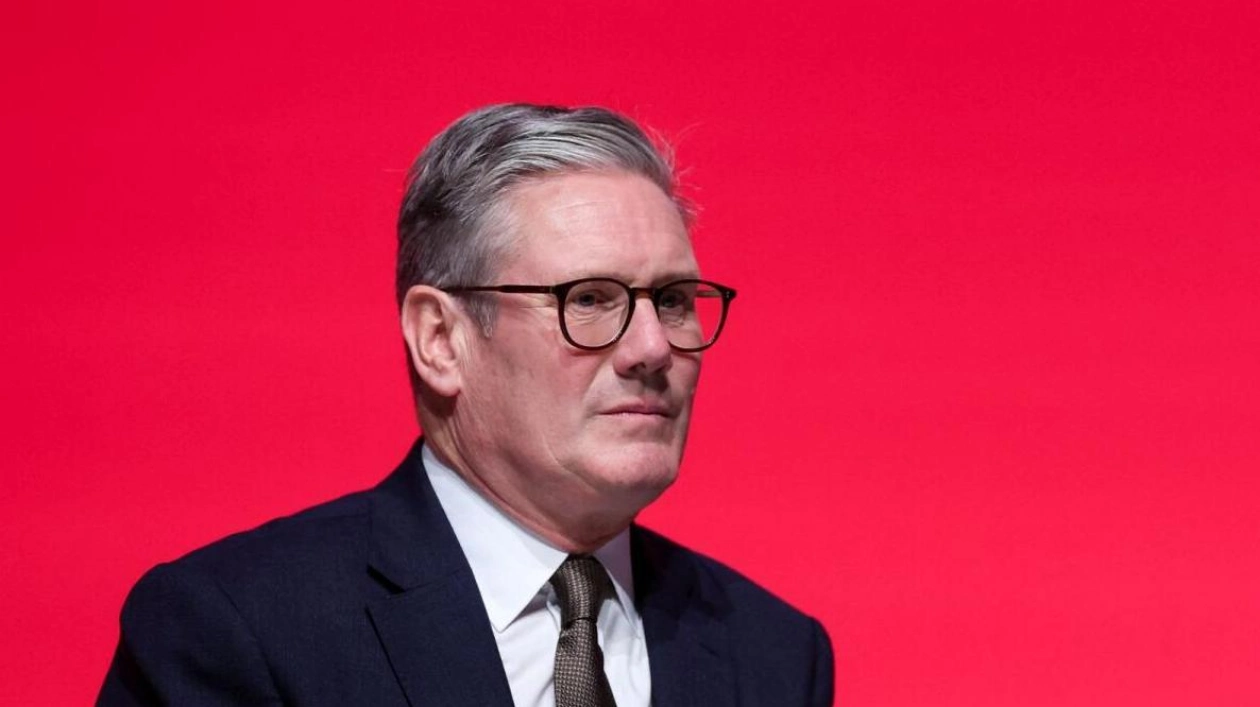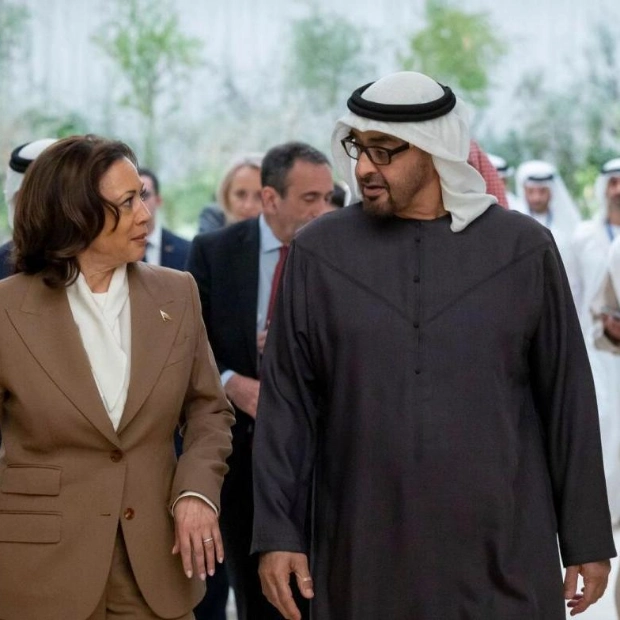British Prime Minister Keir Starmer faced mounting scrutiny on Sunday regarding his choice to curtail winter fuel allowances for the elderly and donations for clothing and hospitality, far from the optimistic start he anticipated at this year's Labour Party conference.
Starmer and his team had envisioned the party's annual conference as a triumphant return to power after 14 years under Conservative rule, and an opportunity to outline their strategy for addressing Britain's multifaceted challenges. Instead, Starmer and his ministers are once again defending the decision to slash fuel payments for millions of pensioners and explaining why the prime minister and others accepted funds from a donor for clothing and hosting events.
On Sunday, at the conference's outset in Liverpool, the leader of one of Britain's largest trade unions urged Starmer to reverse his decision on fuel payments, labeling the move as "heartless." Sharon Graham, general secretary of the Unite union, which boasts over one million members in Britain and Ireland, told Sky News that she wanted Starmer to acknowledge the decision as a mistake and revert a policy that would subject the payments to a means test, thereby assisting some pensioners in covering escalating fuel costs.
"It's a heartless policy. He needs to reverse it," Graham stated. "I'd also like him to affirm that we're not steering this country into austerity mark two. People voted for change. They need to see change." Starmer asserts that he was compelled to make difficult choices after the preceding Conservative government left a £22 billion ($29 billion) deficit in public finances—a claim the Conservatives refute.
Bridget Phillipson, the education minister, acknowledged Graham's opinion but emphasized that the government was forced to implement these measures due to its fiscal legacy. "I certainly don't approve of it... It was not a decision we anticipated making, nor one we desired to make." The government claims that the move will save approximately £1.3 billion in 2024-25 and £1.5 billion in subsequent years, funds deemed essential to stimulate economic growth.
However, the decision has sparked questions, particularly when Starmer and some of his senior ministers have accepted donations for clothing, hosting parties, and foreign travel. Deputy Prime Minister Angela Rayner and Phillipson both defended the donations on Sunday, asserting they had adhered to the rules and disclosed their use of the funds. Starmer's office announced on Friday that the prime minister, Rayner, and finance minister Rachel Reeves would no longer accept donations for clothing.
With a substantial majority in parliament, Starmer and his team believe they can withstand short-term criticism of their policies, aiming to create conditions for increased investment and growth that benefit the public. Yet, with the government hinting that its budget in late October will be "painful" and warning of challenging times ahead, Starmer has been criticized for excessive pessimism, leading to a decline in consumer confidence.
"I understand that when everything seems broken, people question when it will improve, and that's what we are committed to demonstrating this week," said Phillipson. "We will repair the economy and deliver a fair deal for everyone."






